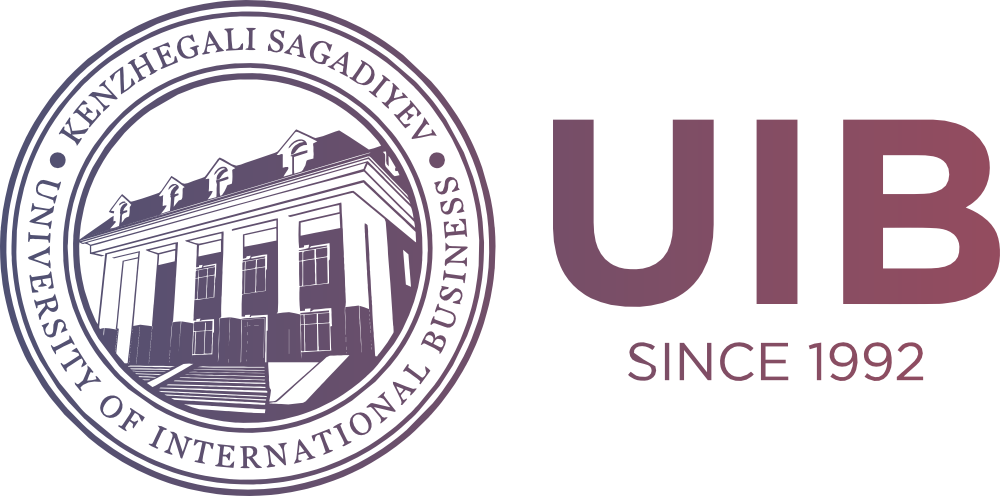Innovative Technologies Against the COVID-19’s Challenge: Education Issues
DOI:
https://doi.org/10.47703/ejebs.v1i59.23Keywords:
Artificial Intelligence (AI), Digital technology, COVID-19, blended learning, tertiary institutionsAbstract
The intention of the paper is to consider the role of technologies used to overcome the COVID-19’s challenges in higher education. On investigating, it has been found that the digital strategies utilizing innovation technologies help students to adapt to pandemic consequences. This study enlightens the various technologies that assist systems of healthcare and education in diverse aspects to outlive against COVID-19. Furthermore, the technological shift of world economy that happened during the pandemic and its influence in the society is discussed. Besides the considered innovation technologies, this paper also deals with changes that have taken place in education system of Kazakhstan in pandemic circumstances. Alongside our suggested solution for further educational process issues is also presented.
A detailed review of the literature is done on COVID-19, digital technologies in education, blended learning using appropriate keywords on SCOPUS, Springer, Science Direct, and Google Scholar. To get insights some relevant sites and blogs are also taken into account. We have identified technologies used in Kazakhstan that play an important role now.
There have been chosen exploratory and conclusive research design. Fifty-nine students provided qualitative responses; ninety-eight students and graduates participated in quantitative survey. The results of study has shown students’ increased awareness concerning blended learning.
The scientific novelty lies in the description of the experience gained by higher schools during the quarantine. We believe that in the future, blended learning should be used largely. The innovations in the learning process cover two areas. The first is related to software used. It is like creation of a virtual university that facilitates communication between students and teachers. The second area correlates with content, without which any innovation will fail.
Downloads
How to Cite
Downloads
Published
Issue
Section
License

This work is licensed under a Creative Commons Attribution 4.0 International License.
Authors retain copyright and grant the journal right of first publication with the work simultaneously licensed under a Creative Commons Attribution (CC-BY) 4.0 License that allows others to share the work with an acknowledgment of the work’s authorship and initial publication in this journal.


